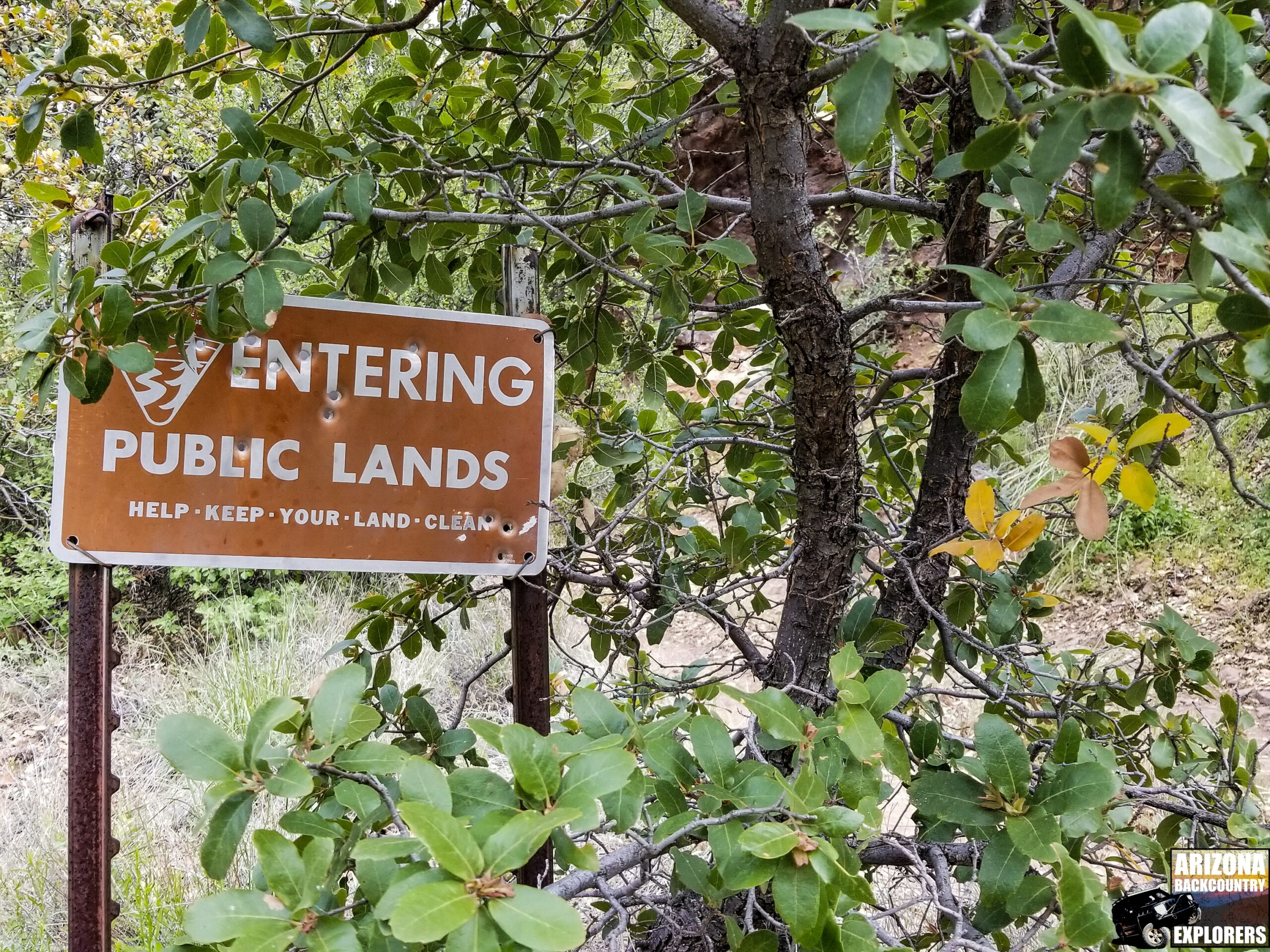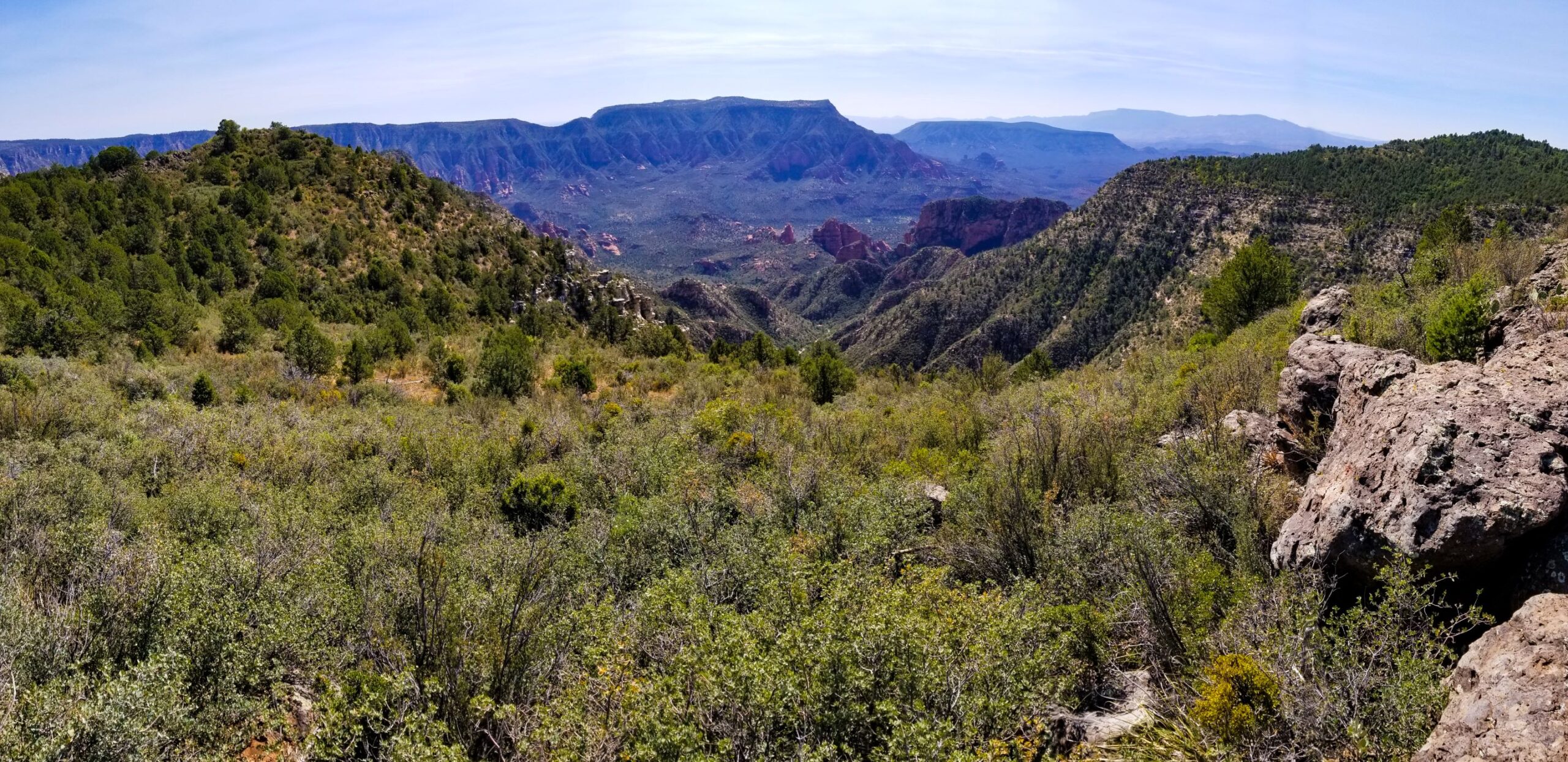Your cart is currently empty!
Posted in
After the writing of this article, the PAUSE ballot initiative was rejected by Colorado’s State Supreme Court for violating the “single issue” rule. It will very likely return in the future with a different title, and similarly insidious provisions. ~Ed
Do Not Touch the Animals!
According to Colorado’s PAUSE Act, ranchers and veterinarians are felony sex offenders
By Marjorie Haun
Gosh darn it, who wouldn’t want to Protect Animals from Unnecessary Suffering and Exploitation? That’s the working title of a Colorado ballot initiative introduced earlier this year, and by golly, who could be against that? But given the fact that special interests are always trying obliterate entire industries by abusing the ballot initiative process, I got past my fit of warm fuzzies and read the text of the proposed “PAUSE Act.” My immediate reaction was, “what sicko came up with this?” The PAUSE Act would label every rancher, veterinarian and pet and livestock breeder who uses proven and accepted practices in caring for animals as felony sex offenders. What kind of mind draws parallels between animal husbandry and rape? A deranged mind? An ignorant mind, certainly, but more importantly, a devious mind with designs to destroy meat production in Colorado forever.
Vegan extremism was ushered into Colorado government in 2019 by its uber-progressive governor, Jared Polis, when he—despite massive opposition from ag interests and citizens–appointed Ellen Kessler to the State Board of Veterinary Medicine. An unabashed animal rights militant, Kessler is inclined to cartoonish activism, with social media posts screaming that animal husbandry is “rape,” and “meat is murder.” Additionally, there is a vegan activist in the governor’s mansion. Although Polis has said publicly that the PAUSE Act would hurt Colorado’s economy, its accomplices have likely been emboldened by the “First Gentleman,” vegan activist Marlon Reis, who is married to Polis. Accounting for less than 2 percent of Colorado’s population, vegan extremists, it seems, are directing the state’s animal agriculture policy. Elections have consequences.
The PAUSE Act, also called “Prop. 16,” warps the wording of existing animal abuse statutes, such as those outlawing bestiality, and extends them to virtually all practices used in the breeding and reproduction of livestock and pets. Its title conceals the anti-agriculture, job-killing, food supply decimating reality of the proposal, nonetheless, the wording has been approved by the state title board. Various ag interests have appealed that approval to the State Supreme Court which, at this writing, has not made a decision. If given the go-ahead, 125,000 signatures will be needed to get Prop. 16 on the 2022 ballot, and its backers are hoping to make Colorado a successful test case for other states to follow. The primary authors of the act are Brent Johannes of Boulder and Alexander Sage of Broomfield. Johannes is affiliated with PETA and supports the activities of Direct Action Everywhere, an organization known for carrying out terroristic raids on agricultural facilities. Sage is a software engineer, and volunteers at an animal “sanctuary.”
The “animal sanctuary” mindset of the architects of Prop. 16 may be blamed for its more bizarre stipulations, which include criminalizing the slaughter of an animal that has lived less than a quarter of its “natural lifespan.” According to Prop. 16’s authors, cows live 20 years, pigs and sheep 15, turkeys 10, chickens 8, and rabbits 6. This may be true in sanctuary settings where animals are warehoused and cared for like pets—at great expense and with countless volunteer man-hours—but no animal sanctuary ever produced a tittle of high-protein food. Do Johannes and Sage realize that beef from a 5-year-old steer is nigh unto inedible? Do they comprehend that the feeding, care and time put into a 5-year-old bovine or a 4-year-old pig or sheep would make raising them for market untenable? It’s also worth noting that the coloradopause.org website is bestrewn with photographs of healthy farm animals who are healthy because they have been monitored and handled throughout their lives using practices that Prop. 16 would outlaw.
Victim 1: The Animals
Even the hardiest animals must be managed. Without animal husbandry, deficient and suffering livestock result. Prop. 16 would encode animal neglect into Colorado law. Terri Snyder-Lamers is a multi-generational sheep and cattle rancher who runs her herds near Norwood, Colorado. She says, “As ranchers, we are all very concerned about the well-being and humane treatment of our livestock. Prop. 16’s deceptive title misrepresents the irreparable harm this ballot measure will cause. The exception for something as routine as assisting a ewe delivering a backwards lamb opens the door to animal cruelty charges. Left unassisted this poor sheep and her unborn lambs are going to suffer for days and eventually die. We can help her and deliver healthy lambs, what is wrong with that?”
The wellbeing of all domestic animals is wholly dependent on human interaction. Lora Bledsoe of Kit Carson County is a cattle rancher and veterinarian who runs a mobile large animal veterinary service. Bledsoe further explains the potential for suffering: “When it is time to breed a heifer, producers generally choose the best quality bulls to produce a low-birth-weight calf and this is often done through the use of AI (Artificial Insemination). Under Prop. 16 this would be banned, increasing the uncertainty of the heifer being able to have an easy calving. You would not be able to age the fetus so you would have no idea when to expect the arrival of the calf, increasing the likelihood that the heifer would have to deliver unassisted. All of these procedures,” she warns, “which are banned by the proposition increase the risk of the breeding cycle ending in complete failure and loss. In my mind, it is the act of outlawing currently available best medical practices that should be considered animal abuse.”
Prop. 16 would set pet care back a century. Pet longevity and quality of life are correlated with controlled reproduction. Considered the most humane methods of eliminating unwanted pets and feral populations, spaying and neutering would be criminalized.
Victim 2: The Veterinary Profession
It is written so broadly that Prop. 16 would criminalize all accepted practices related to animal breeding and pre-and post-natal care; artificial insemination (AI), pregnancy checks on female livestock, fertility testing, semen collection, assistance with difficult births, gelding of colts, castration of bulls and spaying and neutering of house pets. Not only would this profoundly harm livestock producers, it would make common veterinary practices illegal. Lora Bledsoe warns, “This proposition would be very harmful to large animal veterinary practices. In my own practice, 30 percent of my gross service income is derived from pregnancy checking and bull breeding soundness exams, procedures that would both be outlawed under the proposition.”
Prop. 16 initiative would intentionally outlaw industry practices that ensure healthy pregnancies and the overall well being of animals. There exists now a critical shortage of rural large animal veterinarians in states such as Colorado where great distances separate towns and ranches. Banning basic livestock veterinary care would eliminate key sources of income, and given the existing pressures already on rural veterinarians, it’s unlikely they would survive by servicing a handful of hobby ranches and animal sanctuaries.
Victim 3: The Producers
Ranchers are probably the most unscripted people on earth, but the same sentiment echoed through all of my interviews with producers, “This will put us out of business.”
Stan Galley, a young cow/calf rancher from Nucla, Colorado, says, “It doesn’t make sense that you would want to destroy the second biggest economic provider in the state.” Formerly a uranium boom town, Nucla is now dependent on ranching and a smattering of tourism, so it all comes down to what it costs to raise an animal. Galley continues, “When it comes to banning preg-checking, you have to ask yourself, why would you want to feed a cow that’s not going to produce anything for you? If you can’t do the things you need to do to keep your animals healthy, you don’t have a business.” He maintains, “You can’t afford to feed cattle until they’re 5 years-old, which is way past their prime for meat production. If anyone did hang on to their animals that long, all those animals would have to be shipped out of state to be slaughtered, then the meat shipped back in. The price of meat at the grocery store becomes astronomical. You make real meat so expensive that no one can afford it. I think it’s part of their plan to push the fake meat agenda.”
Lars Naslund, whose family came to Colorado in 1904, runs a 5-generation cattle ranch and hopes to see his children take up the business. Alarmed by Prop. 16, he opens with, “We’d go broke. We have a yearling operation, and to think you’d have to wait until a quarter of their lives to breed or castrate, it just isn’t possible. Eating 5-year-old beef is like eating your boot.” Lars believes the livestock industry needs to do a better job with education. “We need to get it back into the schools that there’s a circle of life and we’re part of it. If we destroy the part of the cycle that produces food, we’ll destroy ourselves in the mix.”
Sara Bray, an elementary school teacher and ranch wife with roots in western Colorado, is raising her three children to be involved with the family cow/calf operation. Sara details her concerns: “We believe Prop. 16’s wording about the life span of cattle was very subjective. We have a lot of cattle and I’ve never seen a cow live to be 20 years old, and nobody wants to eat a 5-year-old beef. That alone would devastate us.” The Brays’ cow/calf operation is successful in part because they AI their heifers. “We control the timing so calves aren’t born in the coldest months of the year when we could lose them. But if an animal does need help, we want to be able to help them without being charged criminally. Prop. 16 defines an act such as pulling a calf as felony sexual abuse of an animal.” Well-spoken and passionate, Sara is also a member of the Colorado Farm Bureau, and is taking her fight to a bigger audience. She says, “Almost everyone outside the I-25 corridor already knows how ridiculous this thing is, so we need to appeal to our urban allies for help. They may not understand husbandry practices, but they will understand how this affects their ability to care for pets.”
Victim 4: The Processers
The JBS plant in Greely is Colorado’s largest meat packing facility and 2020’s pandemic revealed just how fragile weak links in the supply chain can be. Dotty Burbridge, who owns AT’s Meatblock, an independent processing facility in southeastern Colorado, describes what happened when the big plants went offline: “We could barely handle it. People were bringing pigs and cows from as far as Snowmass, Loma and Durango for us to process.” Prop. 16 would wipe out small, independent processors such as hers, which provide a safeguard against bottlenecks in the supply chain. She goes on, “If the PAUSE Act goes through, I will have to close my doors.” Burbridge and her family worry about the impact Prop. 16 will have on aspiring ranchers. She says, “What are the 4-H kids going to do? Those kids are raising their steers to sell to people who want to eat them. Most of the animals aren’t even 18 months old.”
Burbridge also makes the point that science, and the USDA, repudiate Prop. 16’s nonsensical age provisions. “Although I don’t resell, I’m still inspected by a USDA inspector. If there is a beef that is past 2 years old,” she says. “I can’t split it down the middle, I have to split it down the side to avoid touching the spinal cord.” Existing regulations discourage the slaughter of animals after the age of 30 months due to the increased risk of Bovine Spongiform Encephalopathy (Mad Cow Disease) in older animals. The regulations force processors to use more complicated and time-consuming methods in preparing older animals so that parts such as the spinal cord and brain don’t come into contact with meat and other organs. The USDA’s definition of an older animal is half that of Prop. 16’s. Dotty says, “What do they think will happen when I can’t take any animals in younger than 5 years? I’m sure they’re going to ask for more paperwork and it will be crazy.”
Victim 5: The Landowners
With his sprawling ranch in rugged Garfield County, Kelly Couey looks beyond the immediate implications of Prop. 16, to what could be a grim future. “They’re trying to ruin an ecologically friendly industry. We basically harvest sunshine and grass and turn it into protein,” Couey declares. “If this PAUSE Act goes through it’s going to make our ranches absolutely worthless. If we can’t run cattle, we can’t pay our taxes so we can’t keep our property.” Livestock are what give value to marginal agricultural lands unsuitable for crops such as corn or wheat. Couey’s point being that without a thriving meat industry, Colorado’s ranches and rangelands lose their productivity, and thus their monetary worth. He continues, “If they can put us out of business and other interests come in and buy up our lands, that means they get control of our senior water rights as well. You buy the land cheap and the water rights that go along with it…that’s a huge amount of money and control.”
Couey’s ranch is north of Aspen where a few vestigial ranches cling to the outskirts of billion-dollar neighborhoods filled with palatial homes. Couey suspects Colorado’s simmering urban/rural tensions may be pressurizing Prop. 16. “They look at us ranchers as being in their way. By using Prop. 16 to put us out of business,” he conjectures, “they can get us off the land and make a lot of money doing it.”
The Fighters
Cattle rancher Janie VanWinkle of Mesa County is the president of the Colorado Cattlemen’s Association. Her organization, along with pork producers, wool growers, egg producers and various farm bureaus and livestock associations have formed “Coloradans for Animal Care” as a means to defeat Prop. 16. As Prop. 16’s devotees want to make Colorado a test case for other states to follow, so its opponents want to create a model for successfully defeating similar initiatives. “Although we don’t know exactly who is behind this or who’s funding it, it’s no coincidence that Oregon has just introduced a proposition that is almost identical,” VanWinkle opines.
Of Colorado’s 64 counties, the vast majority are agricultural and sparsely populated. VanWinkle’s strategy is bottom up: “We’re currently working with counties asking them to write resolutions opposing Prop. 16. Around 25 counties have already passed such resolutions, and legislators are speaking out against it.” She continues, “Phil Weiser, who is the Democrat Attorney General, has also been very vocal about his opposition, and that is very helpful. We’ll do some polling to see what message resonates, especially with voters in the metro areas. There are seven urban counties that can quite easily beat the rest of the counties combined, so we have a lot of work to do.” At the heart of the matter is the Ag industry’s ability to feed people. “Criminalizing the tools and processes that producers use to increase our efficiencies, minimize our carbon footprint and increase our sustainability makes no sense,” VanWinkle contends. “We’re meeting consumer demand while making sure that we have a safe, nutritious and affordable food supply.” She leaves this warning: “We will lose 170,000 jobs in Colorado if it passes. Prop. 16 will harm the most vulnerable socio-economic groups, so we have to ask the question of those in favor of this initiative, ‘who will you be taking food from?’”
On its website, the recently-organized “Urban and Rural Allies for Colorado Agriculture” makes the point that Prop. 16 will, “Increase food insecurity for all Coloradans, but especially for children in single-parent homes and the elderly due to the rise in food cost resulting from imported food products. Colorado already struggles with a state average food insecurity rate of 9.9% (2018, pre-pandemic). To push for statutory law that would virtually eliminate Colorado agriculture, food costs would soar as the former Colorado-proud foods would have to be brought in from out of state. The majority of the highest food insecurity rates in Colorado also correlate with almost all of Colorado’s food deserts. As income levels in these rural areas drop, food insecurity will sky rocket.” A resident of the Front Range, Melody Michel formed the Urban Rural Allies group to bring the truth about Prop. 16 to the millions who are removed from the Ag lifestyle. Michel has connected with agriculture through farmers’ markets and her cattle rancher boyfriend. In a Fencepost article by Rachel Gabel, Michel is quoted, “This wouldn’t be as big of a threat if we had a better understanding of agriculture. I’m really tired of us as voters making decisions on these things that look pretty on the outside and then discovering that they’re garbage that hurt us, our children, and our future and are totally misrepresented.”
The implications of Prop. 16 are far-reaching and most have not been addressed by its authors. How it would be enforced, for example, is unclear. Would it fall under animal welfare and the authority of municipal animal control agencies, or would it be enforced criminally with the full power of police and sheriff’s departments? Would sheriffs in rural counties be willing to prosecute ranchers for animal husbandry practices that have been used for generations? Notwithstanding, if recent events are an indication, Coloradans are prepared to stop the PAUSE Act forever. Earlier this year, Governor Polis proclaimed March 20th as “Meat Out” day, and suggested that everyone in Colorado abstain from eating meat. What followed was a pro-meat social media tsunami, with countless politicians, ranchers, and ordinary citizens in Colorado and across the country, extolling the virtues of animal protein and holding truly epic meat-ins attended by thousands. What Polis hoped would be a tribute to veganism turned into the most expansive barbeque in history.
THAT is the spirit that will save Colorado from Prop. 16.
# # #
The post Colorado’s blueprint for destroying animal agriculture appeared first on RANGEfire!.
Tags:
You may also like…

Visit the AZBackroads.com Store

Please Become A Member
We need your help to keep our backroads open. Please join today!





